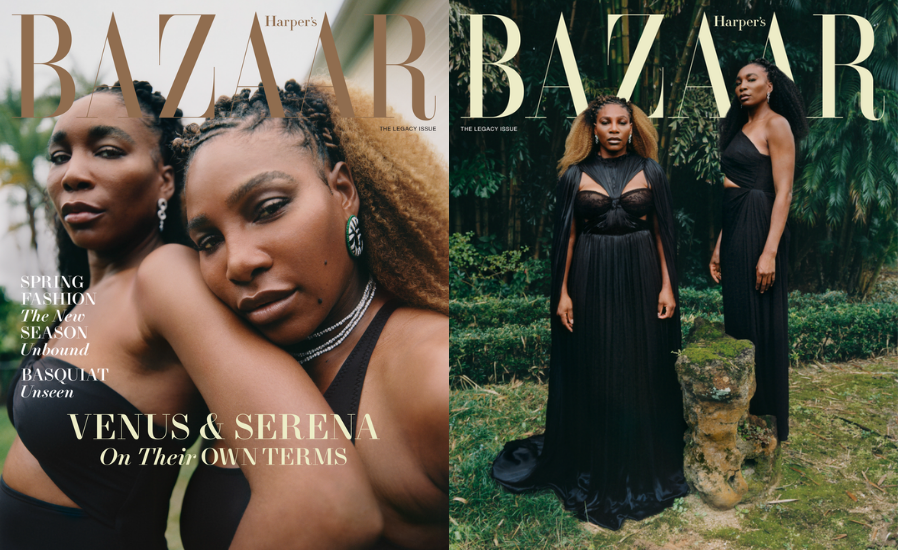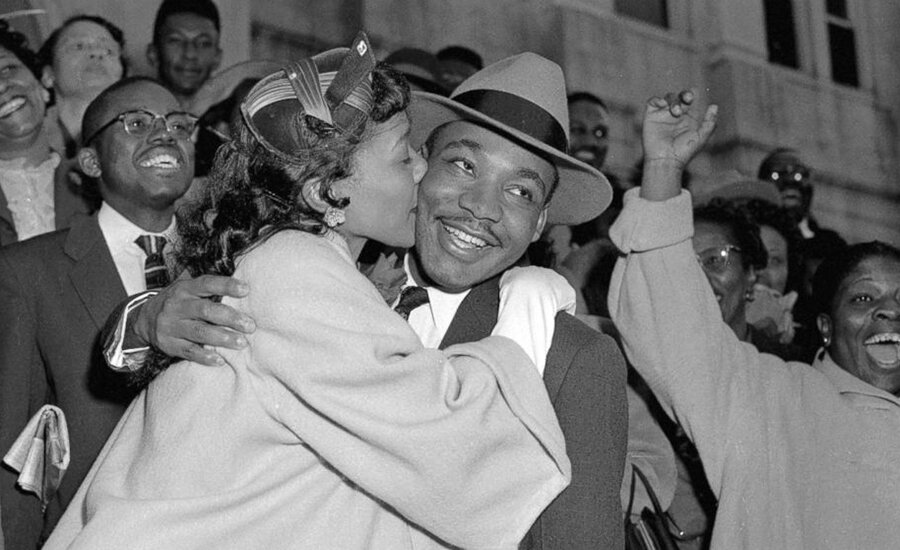Ted Cruz slams Biden's promise to nominate first Black woman to Supreme Court, calls it an‘insult’
Article By Sophia Nixon // Politics // EEW Magazine Online
Being intentional about promoting diversity is “offensive” and an “insult” according to Texas Republican Senator, Ted Cruz.
On an episode of his podcast, Verdict with Ted Cruz, he criticized President Joe Biden's commitment to nominate the first Black woman to the Supreme Court, saying that it was tantamount to telling other Americans, "You are ineligible."
“Black women are what, 6% of the US population? He's saying to 94% of Americans, 'I don't give a damn about you, you are ineligible'," the 51-year-old politician and professed Christian said during an episode released Sunday.
Credit: The White House
CNN pointed out in its story that according to the 2019 US Census Bureau, Black women actually represented 7% of the US population. A New York Times report arguably zoned in on an even more important statistic: by some estimates, Black women represent perhaps just 2 percent of the nation’s 1.3 million lawyers.
Kara D. Beverly, 39, an employment lawyer who now works as an equity compliance investigator at Johns Hopkins University, told The Times, “Finally. We now have the possibility of a Supreme Court that would look more like America.”
But Cruz, in his rant, expressed the opposite viewpoint, characterizing Biden’s mission as markedly anti-American and “an insult to Black women.”
“If he came and said, 'I'm gonna put the best jurist on the court, and he looked at a number of people, and he ended up nominating a Black woman, he could credibly say, 'OK, I'm nominating the person who's most qualified,’” Cruz said. “He's not even pretending to say that. He's saying, 'If you're a white guy, tough luck. If you're a white woman, tough luck. You don't qualify.'"
Though that argument is skewed and highly debatable, it does do something right: it brings into focus the forceful opposition that exists because of the unfavorable viewpoint millions hold of diversity and inclusion efforts, thereby making it easy to see why Black women have struggled to become part of a tiny pool of elite judges in our nation’s higher federal courts.
Justice Fabiana Pierre-Louis (photographed with her two sons) became the first Black woman to serve on the New Jersey Supreme Court in 2020 (Pool photo by Chris Pedota)
While it is not known who Biden will nominate to the court, a few names from a very short list have been thrown around: Ketanji Brown Jackson, a 51-year-old judge on the U.S. Court of Appeals for the District of Columbia Circuit who graduated from Harvard Law School; Leondra R. Kruger, a 45-year-old justice on the California Supreme Court who graduated from Yale Law School; and J. Michelle Childs, 55, a lesser-known Federal District Court judge in South Carolina whom Mr. Biden recently nominated for an appeals court.
Whoever is chosen is likely in for a fight. Other Republicans like Cruz have vocally opposed Biden's promise to confirm a Black woman to the Supreme Court, saying she may not be the most qualified person and will probably embrace far-left political views.
Despite the opposers, however, White House spokesman Andrew Bates said the President's choice "is in line with the best traditions of both parties and our nation."
Some have pointed out that Donald Trump, our previous president, followed through on his own promise to place a woman on the Supreme Court and received no push-back from some of the harshest critic’s of Biden’s diversity efforts.
When Justice Amy Coney Barrett was confirmed, she was praised by many Republicans and exalted as a role model for girls everywhere.
Apparently, the introduction of both race and gender into the conversation is more controversial in nature.













